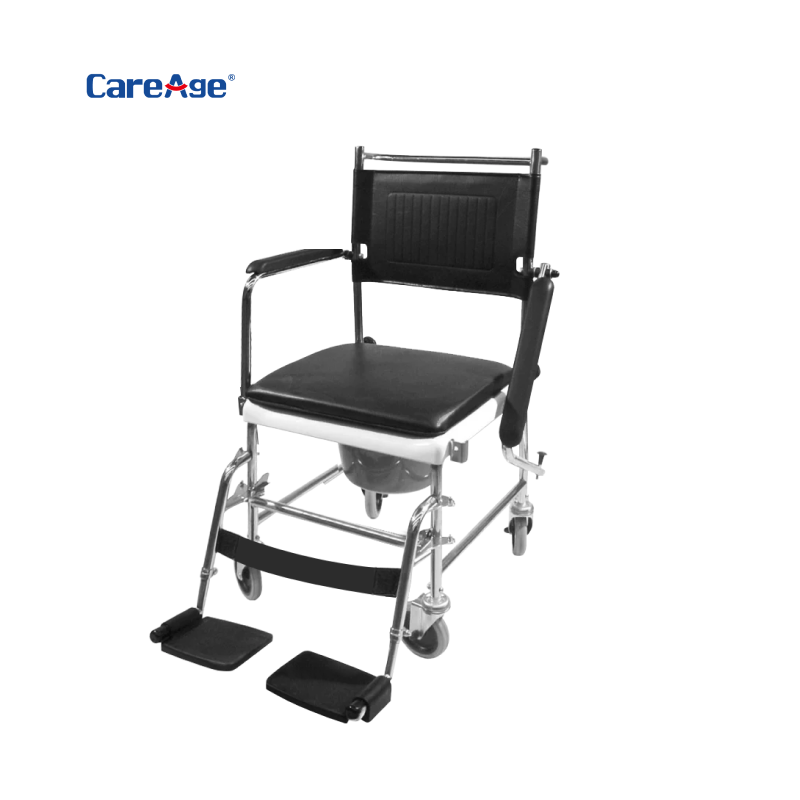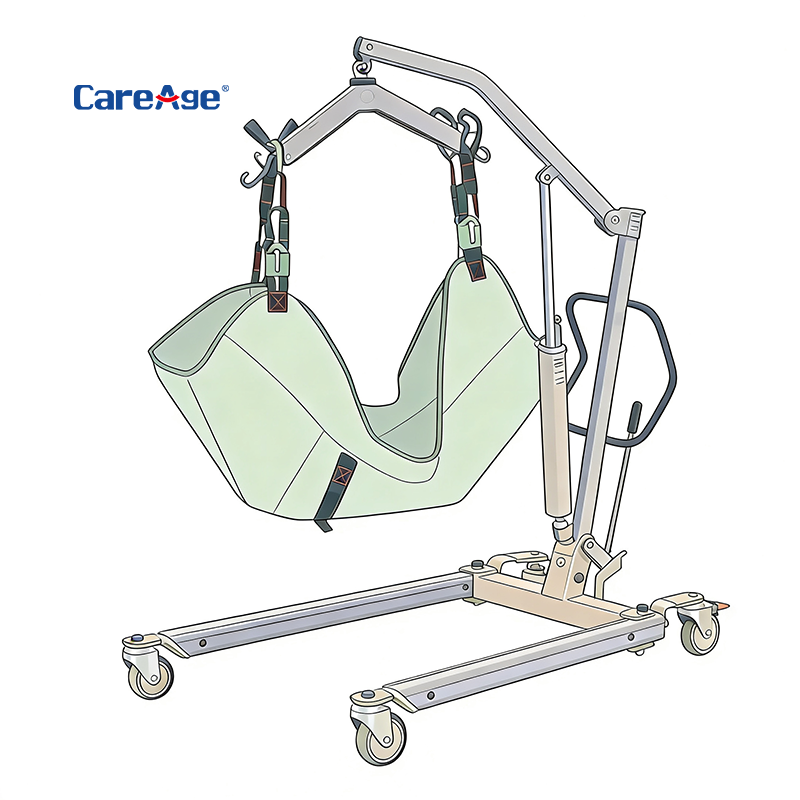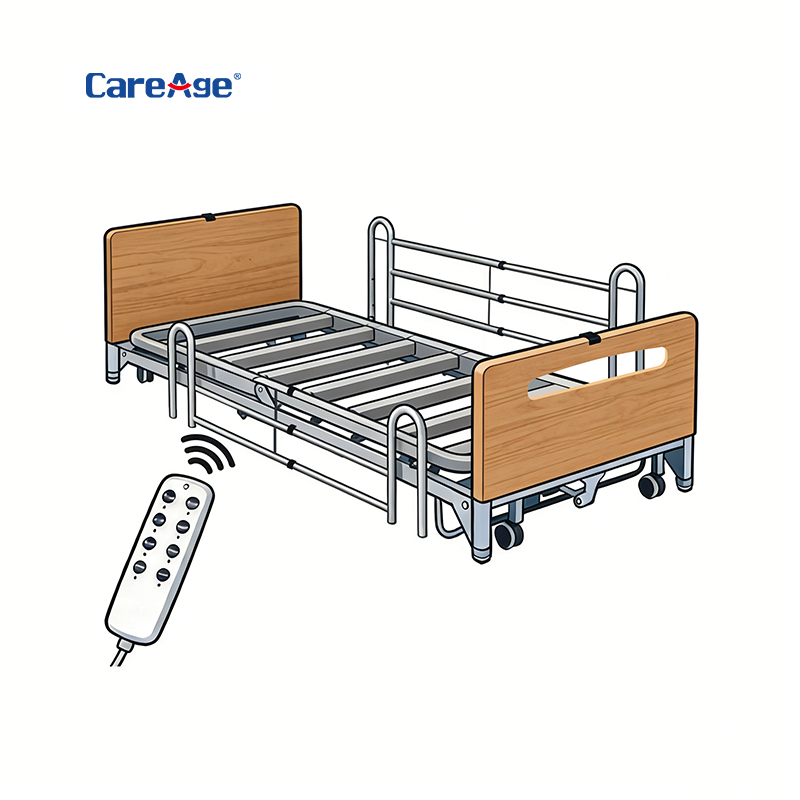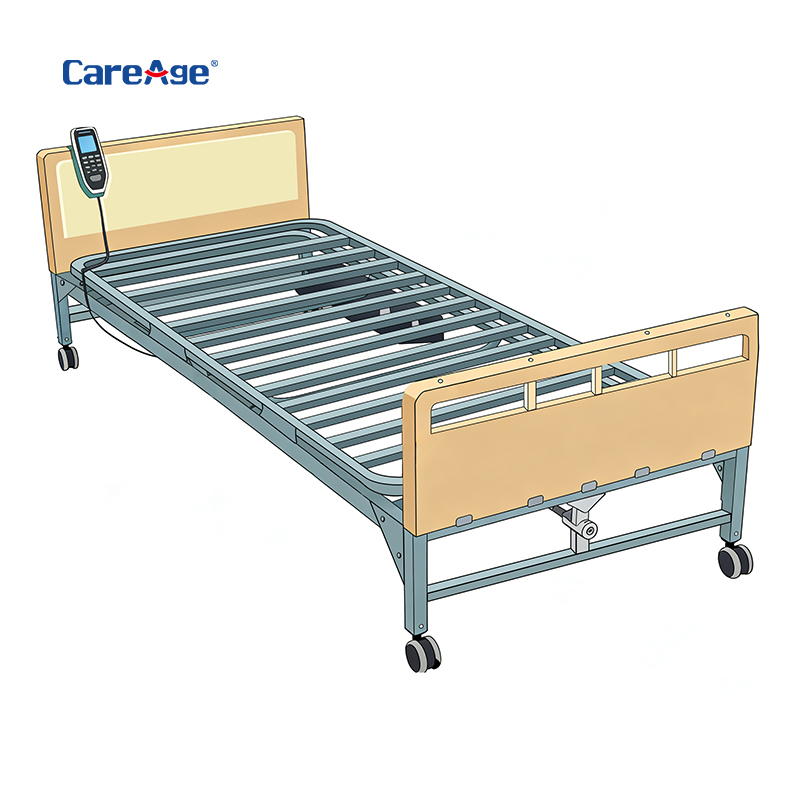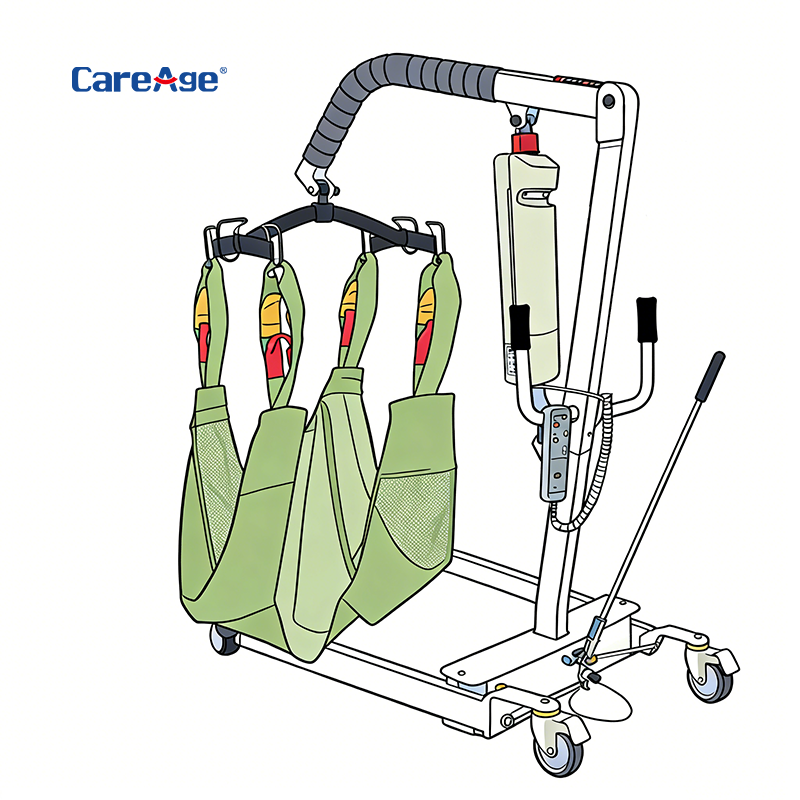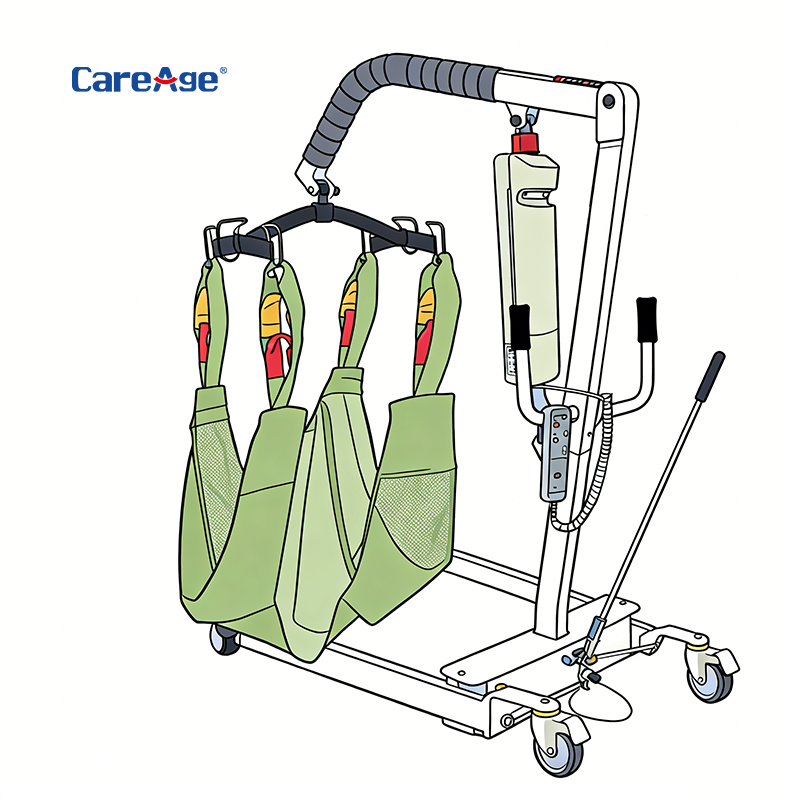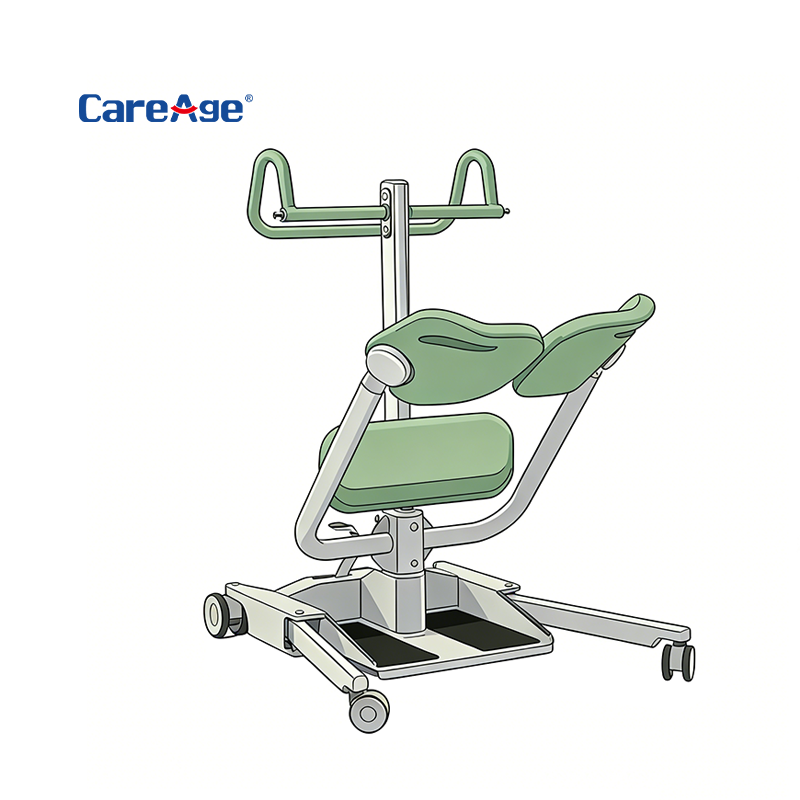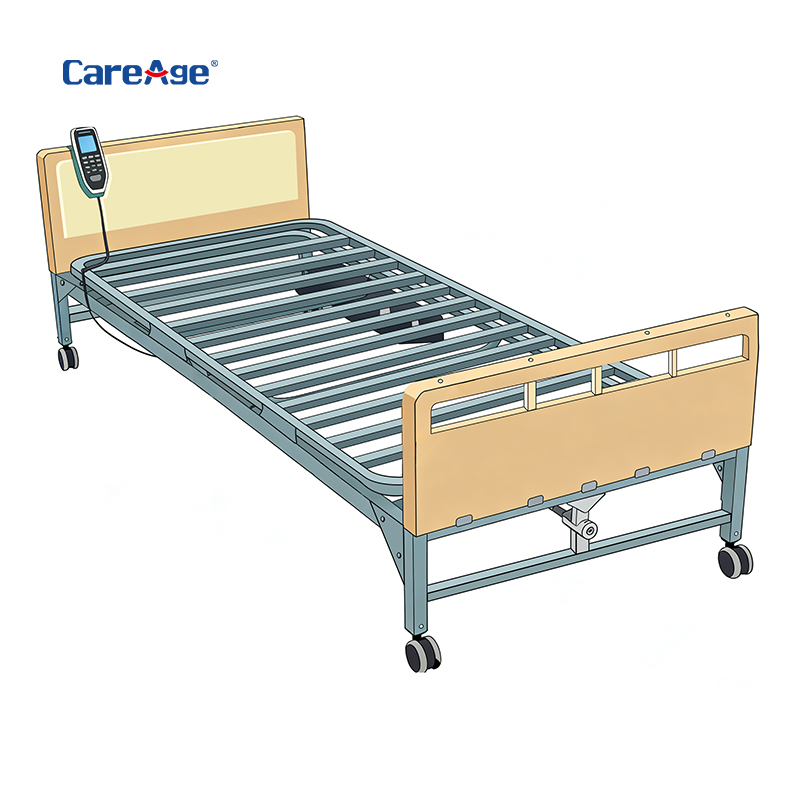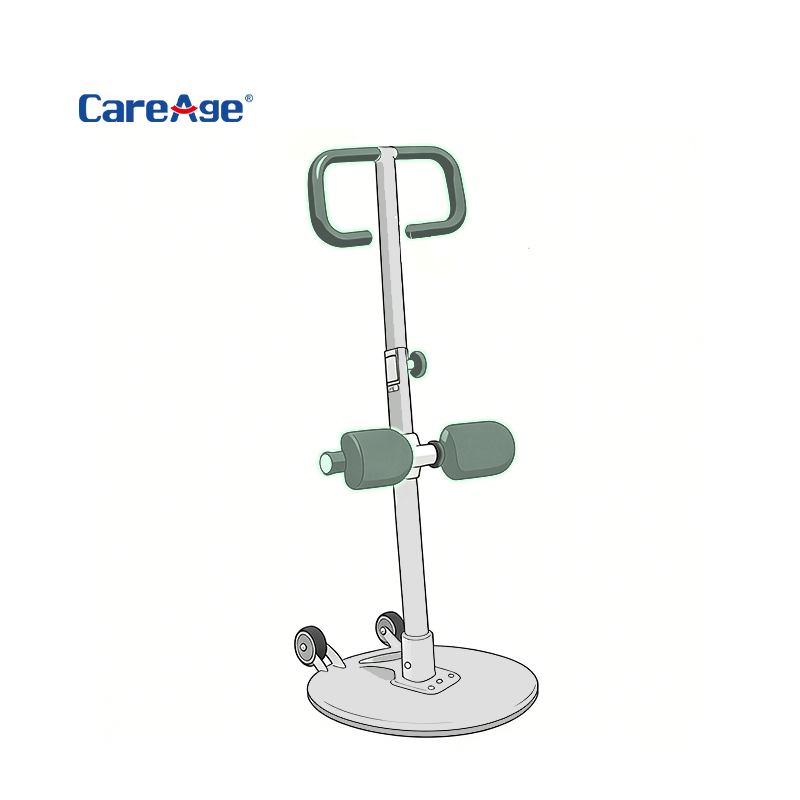Introduction
With respiratory diseases accounting for 25% of global medical visits according to WHO, the Compressor Nebulizer has transitioned from clinical equipment to daily healthcare essential. This report examines how Portable Nebulizers revolutionize home care through three case studies and expert insights.
Section 1: The Rising Demand
Statistical Trends: Google Health data shows 300% growth in "Nebulizer Inhaler" searches since 2023, correlating with increased air pollution levels.
Clinical Evidence: Johns Hopkins University research confirms families using Compressor Nebulizers experience 50% fewer severe asthma attacks.
Section 2: Technology Breakdown
Smart Features: New-generation Portable Nebulizers now integrate with fitness trackers to monitor lung function.
Comparative Analysis: Unlike traditional inhalers, Nebulizer Inhalers deliver 30% more medication to lower airways (per 2024 EU Medical Journal).
Cost Efficiency: A Compressor Nebulizer pays for itself within 6 months by reducing urgent care visits (CDC cost-benefit model).
Section 3: Global Adoption Stories
Tokyo Case: 78% of daycare centers now stock Portable Nebulizers for allergy emergencies.
Berlin Pilot: Seniors using Nebulizer Inhalers reported 60% improvement in COPD management.
Expert Endorsement
"Every home should have a Compressor Nebulizer like they have a first-aid kit," states Dr. Emma Richardson, AMA respiratory health chair.


